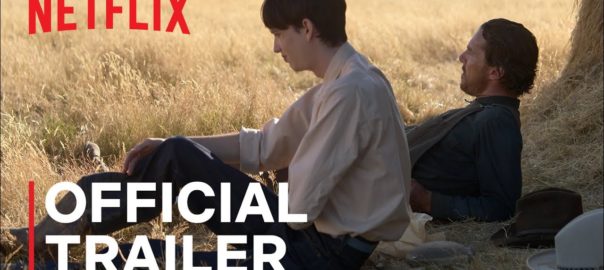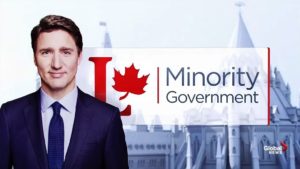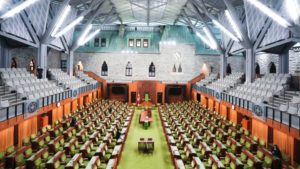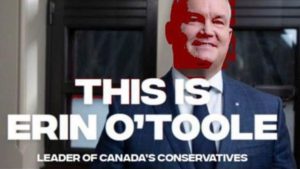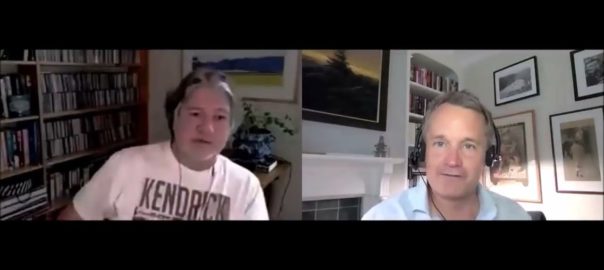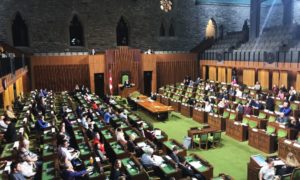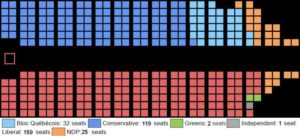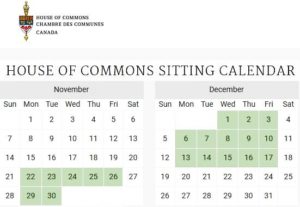
The Oscars are just around the corner and Netflix is bringing its A-game, with a collection of movies released or soon to be released that are not only eyeing the top prizes and figure in the conversation, but may come out on top.
Here are Netflix’s Oscar hopefuls for 2022.
Jane Campion’s The Power of the Dog (débuts on Netflix, next Wednesday, December 1st), a neo-Western that won the Venice Best Director prize for Campion, currently tops a raft of critics’ polls in major cities across the continent.
Demonstrating her own strong, clear vision — not to mention superb control of her craft — Campion once again proves her ability to illuminate hidden truths and let the viewer see what was hiding in plain sight all along. Her first film in 9 years is a contemporary Western masterpiece imbued with the same pacing and style of westerns of lore. Campion takes her time, letting the story, based on the 1967 novel by Thomas Savage, reveal itself in languid style. Kirsten Dunst has a lock on a Best Supporting Actress Oscar nod, if not an outright win.
After sending up the financial crisis (The Big Short) and Dick Cheney (Vice), in Don’t Look Up director Adam McKay — who makes no secret of his progressive politics — turns his satirical eye to a less serious target: a global catastrophe.
A thinly veiled allegory for climate change, critics who’ve had an early look at the film praised its humourous satirical flourish — comparing it to Stanley Kubrick’s classic, Dr. Strangelove. Even for those critics who weren’t entirely won over by Don’t Look Up, there was appreciation for a film most found to be incredibly funny — perhaps too funny to find itself in the Oscar conversation.
Jennifer Lawrence plays an astronomy grad student and Leonardo DiCaprio her professor in this broadly comic film, as the two try to alert the world to an approaching comet. The cast, including Meryl Streep as the President and Cate Blanchett and Tyler Perry as TV hosts, makes this Oscar contender the starriest Netflix film of them all. (December 10th in theatres, Christmas Eve on Netflix)
Maggie Gyllenhaal’s buzzed about feature directorial début, The Lost Daughter (New Year’s Eve), leads the Gotham Award nominations, and has an outstanding performance by Olivia Colman, making her a lock for a Best Actress nod.
Playlist critic Tomris Laffly opened his review of The Lost Daughter this way …
“With The Lost Daughter, director Maggie Gyllenhaal wears melancholy like a second skin. One of her generation’s most underrated actors, she moves through her films with a flicker of otherworldly woe; an organic ability that has routinely informed the highlights of her filmography, from the erotically manic ‘Secretary’ to the gritty ‘Sherrybaby’, and more recently, the wistful thriller, ‘The Kindergarten Teacher’. In other words, Gyllenhaal has always possessed an auteurial sway over the films she was in, putting on them her signature ethereal stamp.”
Gyllenhaal’s film is a story of self-ascribed transgression and of shame buried and turned bitterly inward, and it too, is made with such alertness to the power of cinematic language — particularly that of performance — that, according to the critics, even as you feel your stomach slowly drop at the implications of what you’re watching, you cannot break its spreading sinister spell.
A masterwork in perception and all that society places upon motherhood, what makes The Lost Daughter a rewarding picture, is in how the film shatters the binary distinction between a ‘good’ mother and the bad one.

There are 2 films already streaming on Netflix that are Oscar award worthy …
While some Netflix Oscar contenders, like In the Heights, have struggled, Tick, Tick…Boom!, helmed by Lin-Manuel Miranda, emerges with a terrific lead-actor performance delivered by Andrew Garfield, his performance so outstanding and affecting, Garfield seems a lock to sing and dance his way into the hearts of Academy voters, who will thrust him into the Best Actor Oscar race, an award come Sunday, March 27th, 2022 he might very well win.
Miranda, who starred as playwright Jonathan Larson in a theatrical performance of the Broadway play, directs Tick, Tick…Boom! with a deep understanding of the passion, struggle, and ebullience of an artist committed to an art form celebrating the power and the pressure of the world both artists love most. A must-see, Tick, Tick…Boom! is a heart-filling work showcasing two musical geniuses: Larson’s musical legacy, and Miranda’s unparalleled artistry.
![]()
![]()
![]()
![]()
![]()
![]()
![]()
![]()
![]()
And then, of course, there’s VanRamblings’ favourite indie film of the year …
In our November 5th review of Passing, British actress Rebecca Hall’s remarkable directorial début we wrote this …
“From the very first frame, Passing grabs your attention, in this piercingly sad story of characters who can’t escape the confines of their lives. The vulnerability of Irene and Clare’s smallest gestures and experiences, delicately conveyed by Tessa Thompson and Ruth Negga and magnified by Eduard Grau’s judicious close-ups — a tear rolling down a cheek, the slight bow of a hatted head in the presence of a white man, a stolen glance of desire — under the genteel mask these women show to the world lies a roiling unease about their true desires, their barely hidden secrets, and their place in the world.”
Tessa Thompson is a lock for a Best Actress Oscar nod, while Rebecca Hall will likely be nominated, and perhaps win, as Best Director & is a certainty to win the Best Adapted Screenplay Oscar at the 2022 Academy Awards ceremony.
Neither Apple nor Amazon have any intention of being left out of the mix …
Apple has Joel Coen’s rip-roaring The Tragedy of Macbeth (débuts Jan. 14, 2022), starring Denzel Washington, as well as CODA, the heartbreaking Sundance sensation that could catapult newcomer Emilia Jones into the Best Actress — and Marlee Matlin, into the Best Supporting Actress — awards race.
One of Amazon’s choice Academy Award Oscar contenders is The Tender Bar, the new film directed by George Clooney, and starring Tye Sheridan as an aspiring writer with an absent father, with Ben Affleck playing the young man’s bartender uncle. The script, by William Monahan (The Departed), is based on the memoir by J.R. Moehringer. (December 17th in theatres for a brief run, then come January 7th, on Amazon Prime)
Amazon’s Being The Ricardos takes a chance on recognizable actors playing beloved Hollywood icons, but as Lucille Ball and Desi Arnaz, Nicole Kidman and Javier Bardem may very well overcome the enduring memories of generations of TV viewers. Aaron Sorkin wrote and directed this drama about the Ball-Arnaz relationship and the making of I Love Lucy. (December 10th in theatres, December 21st, on Amazon Prime)
For those of us older folks who grew up with Lucille Ball, who was the most beloved actress on television in the 1950s and 1960s, there’s a ready-made, built-in audience for Being The Ricardos. How the film does with the younger crowd we’ve yet to see — but word out of Hollywood is that Javier Bardem is a lock for a Best Actor nod, and in all likelihood Nicole Kidman has a Best Actress Oscar nod all but wrapped up. Aaron Sorkin will be up for an Oscar, too.
C’mon back next Thursday for Part 2 of VanRamblings’ Oscar / holiday season movie preview, when we’ll write about Steven Spielberg’s much anticipated new film, and Paul Thomas Anderson’s latest film — both of which are shoe-ins for Oscar attention. We’ll also write about a couple of under-the-radar international films that could feature in the main Academy Award categories.
